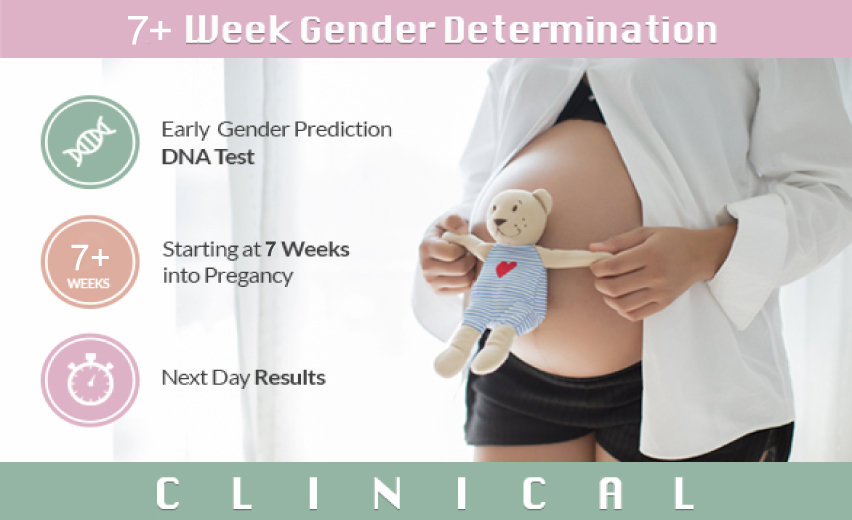For women, pregnancy is a time of excitement, happiness, and anticipation. However, it is not as wonderful as it looks on the outside. Simple reason being, pregnant women undergo several changes, both physical and mental that impact their health which cause sleeping problems during pregnancy. From the body changes to sleeping issues, pregnancy is full of ups and downs. Although these changes are inevitable, pregnancy still is the most wonderful period in a couple’s life.
In this blog post, we highlight the common sleeping problems women face during pregnancy and solutions to mitigate them.
Insomnia is One of the Sleeping Problems during Pregnancy
A common sleeping problem that women face at any stage of pregnancy as they face difficulty in falling or staying asleep. Stress or anxiety about labor, delivery, and/or balancing work and motherhood, are leading causes of sleep deprivation. Also, fetal movements, back pain, nausea may result in significant loss of sleep. Insomnia is unavoidable, nevertheless, it does no harm to the baby inside the womb.
To treat insomnia, drug therapy is one option, but it is not recommended for women who are pregnant or nursing. The sleep-inducing supplements, medicines, or herbs shall only be taken post consultation with the doctor. Instead, we have shortlisted some household remedies to cultivate good sleeping habits.
Go to bed at the same time every night.
Drink plenty of water and follow a healthy diet
Exercise during the day
Meditate, practice yoga
Get comfortable by adjusting the lights in the house for optimal sleeping conditions
Restless Leg Syndromes (RLS)
Unpleasant feelings, for instance, “itchy”, “pulling”, “burning”, “creepy-crawly” in the legs that causes an uncontrollable urge to move them, is termed as RLS. Usually experienced during the night or just hours before bed, the feeling gets overwhelming in the third trimester of pregnancy.
As it is caused due to low levels of dietary folate and/or iron, the intake of prenatal vitamins rich in folate and iron can reduce RLS symptoms during pregnancy. Also, while RLS during pregnancy, massage the legs and do normal exercise.
Nocturnal Gastroesophageal Reflux (nighttime GERD)
A common sleep disruptor during the pregnancy, GERD, also known as heartburn, mostly occurs during the second and third trimesters. The burning sensation due to acidity is felt usually after meals, and before bedtime. A pregnant woman’s stomach digests food slowly, hence it ends up producing more acid. Since the baby applies more pressure on the stomach, it pushes the acid into the esophagus.
A handy way to tackle it is by choosing fluids over solids. Soups, smoothies, milkshakes, and yogurts are healthy options as they are rich in calcium, protein, and minerals. Also, antacids are a good response to GERD.
Other Sleeping Problems During Pregnancy
A few other sleeping problems are back pain, frequent urge to urinate, sleep apnea or a breathing pause that lasts at least 10 seconds. All these sleeping problems require the expecting mother and her partner to cope with them patiently. From controlling the amount and type of food intake to planning and prioritizing sleep, every small decision can be a.
Contact Mommy and Me for more information, the best ultrasound clinic in San Diego, about sleeping problems during pregnancy.

